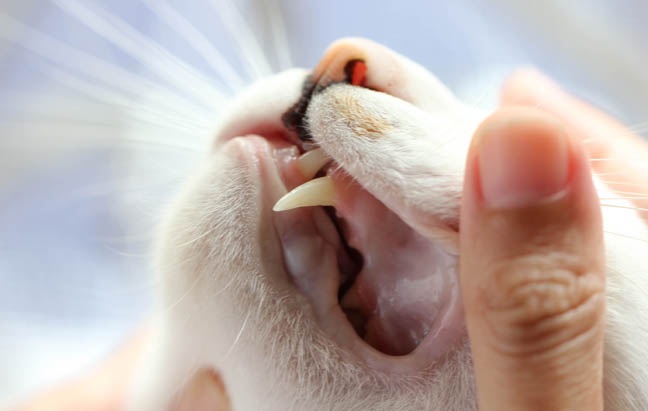Feline Anemia
Blood is made up of various types of cells, with red blood cells responsible for transporting oxygen. Without enough of these cells circulating throughout the body, oxygen won’t make its way to various areas. This is known as feline anemia, and it is an important sign that some underlying disease or condition is affecting your cat.
Anemia in cats can occur if red blood cells are being destroyed faster than they’re being produced. The bone marrow may not even be producing them in the first place for some reason. Trauma that results in a lot of blood loss will also bring it about.
Feline anemia also occurs when your cat has leukemia or the immunodeficiency virus. Other diseases like cancer and chronic kidney failure may also be responsible.
The signs of anemia in cats are quite easy to spot if you’re a vigilant owner. The mucous membranes will lose their color. You’ll see the gums turn pale. Cats will also lose their appetite, lose weight, and appear lethargic. The stool may also appear blacker than normal.
If you bring your cat in with signs of feline anemia, the veterinarian will need to conduct a battery of tests since there are so many things that can cause it. A complete blood count will be quite useful to see the makeup of the blood exactly. Tests can also be conducted to check for blood parasites, while a stool sample can determine if gastrointestinal problems are causing issues.
As you should already know, the bone marrow is responsible for producing red blood cells. A biopsy will help see if it’s doing the job properly still. Finding the root cause of anemia in cats is very important so that it can be treated.
Cats that are losing blood may need a blood transfusion. Kidney failure can cause feline anemia since the kidneys produce a hormone that tells bone marrow to produce more red blood cells. Cats may benefit from being given synthetic hormones.
If there are large amounts of worms or fleas infesting your cat, then they will need to be dealt with accordingly. Yet another possible course of treatment includes using antibiotics to get rid of anything that may be infecting your cat besides viruses.
Feline anemia also occurs because of cancer, so chemotherapy may be your cat’s best option. Supportive care may only be possible if leukemia or immunodeficiency viruses are the cause.

